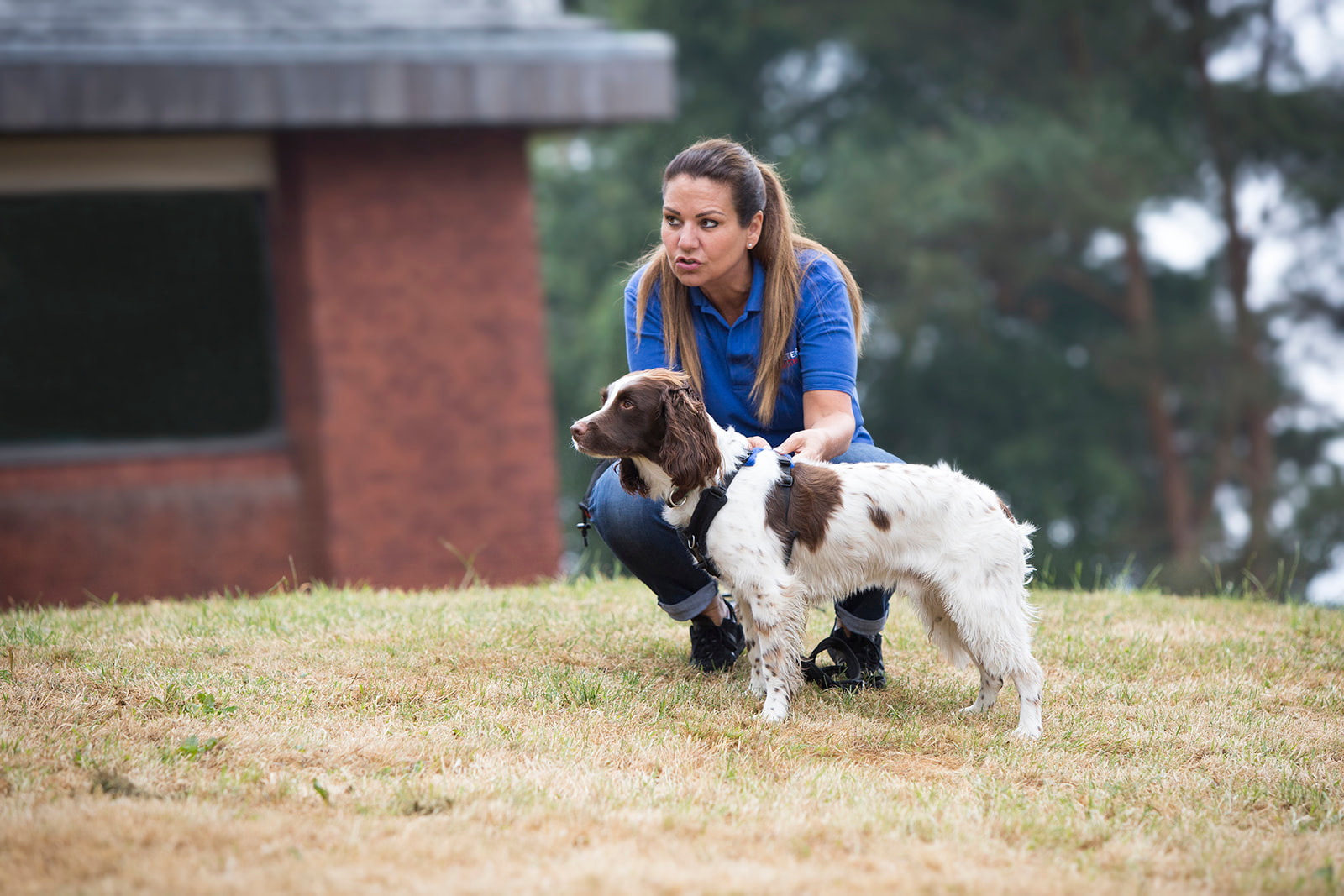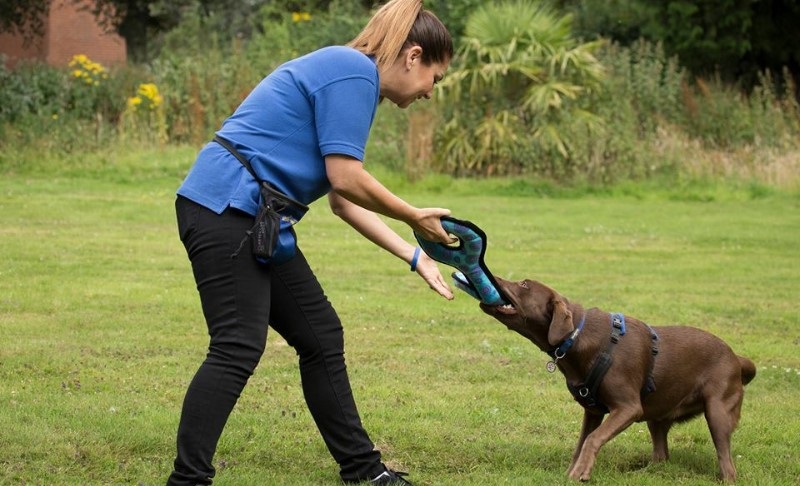There is no doubt that the Covid-19 pandemic has changed several areas of our lives. From the introduction of remote working, relocating to the countryside, making the most of the outdoors and for many, welcoming a new furry friend to the family.
It has been reported that 3.2 million households in the UK have acquired a pet since the start of the pandemic and a quarter of new owners admit to buying a puppy during the pandemic with little research. However, with many pet owners having purchased a pet with little knowledge or awareness of what is involved, premium raw pet food brand, Natural Instinct, is keen to educate owners on the key areas of training a puppy to avoid unexpected behavioural difficulties down the line.
Additionally, with many now returning to their place of work on either a part-time or full-time basis, 35% of dog owners have expressed concern about leaving their dog at home alone. As life returns to normal and owners look to include their pet in a new routine, taking care of our dogs, monitoring their behaviour and training them effectively is more important than ever.
To help dog owners and their pets have a smooth and stress-free transition to a new routine, Animal Behaviourist, Kirsten Dillon provides expert advice and top tips for training puppies effectively.
- Training
Find a qualified trainer that uses completely force and stress-free methods to help with training your puppy. The best place to look is APBC. Set your expectations accordingly, puppies may hit sexual maturity at 6-12 months, but they don’t have an adult brain until they are at least 2 years old so bear this in mind.

- Socialising
Never leave a young puppy for long periods of time, even if they appear ok. Dogs are social animals and they need company. If you’re returning to your workplace, look for a dog walker or pet sitter to ensure your puppy has the company and interaction it needs. Many dog walkers or pet sitters now have cameras so you can check in on your pet for peace of mind.
Be wary of large day-care facilities and opt for independent or small businesses if possible, to ensure your dog receives the attention it deserves and is not scared or overwhelmed by other dogs.
- Patience
Remember adolescence happens. More dogs are surrendered for rehoming between 8-18 months than at any other age. Ride out those teenage years with careful management and lots of patience and love. It will be worth it in the long run.

- Exercise
Exercise is not all about running around with other dogs. The more your dog runs the fitter they get, which is not always desirable for your average pet dog. Focus on searching and scenting and other more cerebral forms of enrichment. Remember it is not just about physical fitness, but mental fitness too!
- Education
Spend as much time as you can reading up on your puppy and the best way to care for them. There are plenty of informative books available and several online forums which can be helpful. Try joining Facebook groups such as Canine Enrichment Ideas and Beyond The Bowl for inspiration. Many behavioural issues are helped by fulfilling natural canine behaviours this way.
- Diet
Choose the right food for your puppy. Diet and gut health play a huge part in behaviour. Do your research and explore all your options, choosing a diet that scores highly on the nutrition scale. A raw food diet is the best natural option for dogs, feeding as nature intended and free from artificial additives, colours, preservatives and fillers. Meeting a dog’s nutritional needs fully is essential to aid the learning of new and acceptable behaviours.
Kirsten Dillon, Animal Behaviourist at Natural Instinct commented:
“Education is essential for new puppy owners. Not only is it important to create a bond between pets and their owners, but the training put in place at the beginning will establish behaviours for the rest of a pet’s life. It can be exhausting, hard work and time-consuming, but taking the time to learn and implement force free training methods will pay off in the long term.
Additionally, separation anxiety in dogs is a real concern for many as life returns to a new ‘normal’ post-lockdown. Studies have shown that at least 50% of all dogs have separation issues and in order to prevent this, pet owners should focus on keeping dogs calm, ensure they get enough physical and mental exercise and continue to be at home as much as possible around new routines.”







